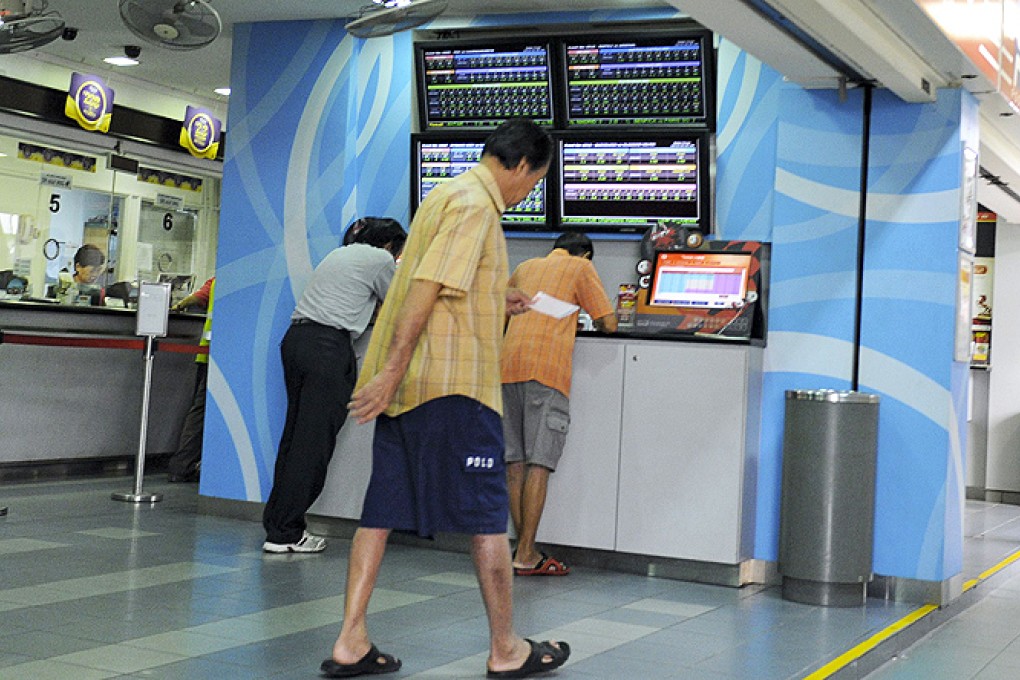How tiny Singapore became big player in match-fixing
Access to international transport, globally accepted passports and fluency in English and Mandarin help Singaporean fixers spread their influence

It’s one of the world’s smallest and wealthiest countries, but a deep gambling culture coupled with sheer entrepreneurial zeal has made Singapore a big player in global match-fixing, experts say.
The arrests of two Singaporean men over a scandal in Britain has again thrown a spotlight on the Southeast Asian city-state, known for its cleanliness, strict law and order and high number of millionaires.
Despite such advantages, Singapore is continually linked to match-rigging around the world, testament to a network that is proving hard to eradicate – even when leading members are under arrest or police protection.
These Singaporean criminals recognised that there was money to be made in match-fixing at the low levels, and later translated this national skill, ... to the global platform
Chann Sankaran, 33, and Krishna Sanjey Ganeshan, 43, were taken in by British police this month after a videotaped sting and accused of rigging lower-tier English games.
The arrests come just months after Singapore launched its biggest crackdown on alleged match-fixers and locked up leading suspects, including purported mastermind Dan Tan.
Singapore’s Wilson Raj Perumal, a notorious fixer who was jailed in Finland and is now under police protection in Hungary, denied any involvement in the English scam after one of the suspects called him his “boss”.
Reports said Perumal, who says he used to work with Dan Tan and has fixed games around the world, was also named by investigators probing a multi-million dollar fixing ring in Australian state football.